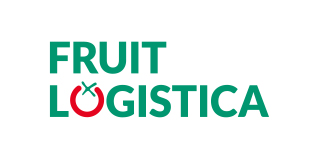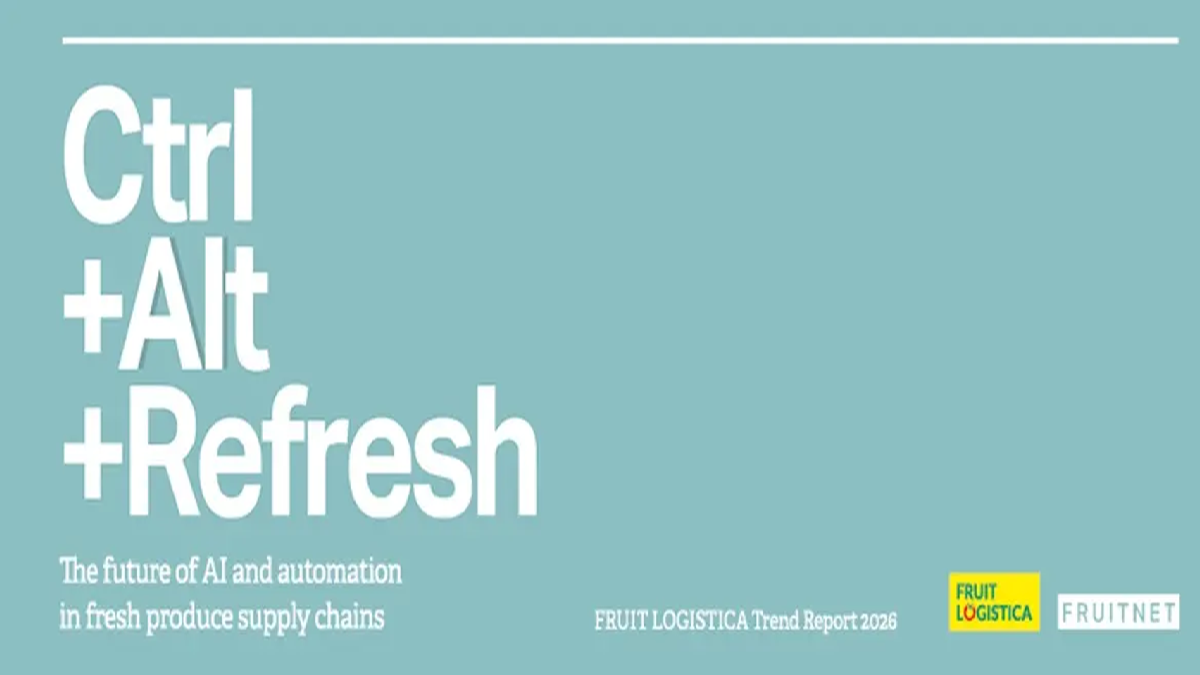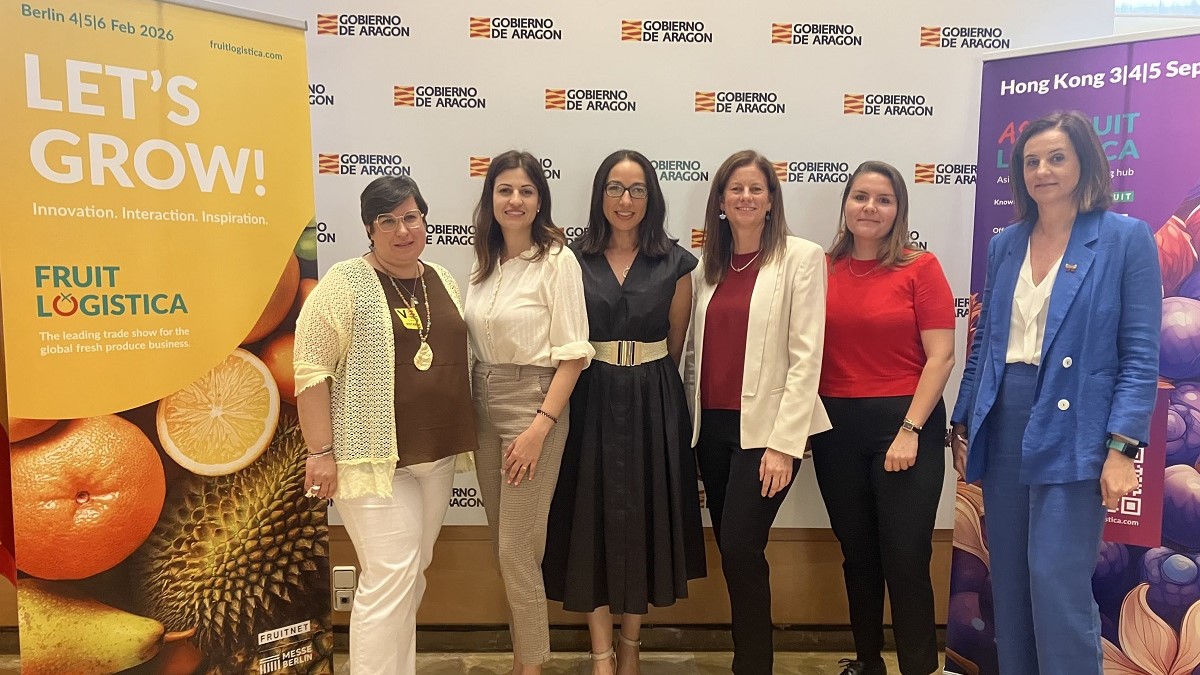

Fruit Logistica
Services
Artificial intelligence and automation are reinventing the fresh produce business
FRUIT LOGISTICA Trend Report 2026 reveals how artificial intelligence is transforming global fruit and vegetable supply chains and accelerating change across the entire sector

Artificial intelligence and automation are transforming every link in the global fruit and vegetable supply chain. The newly released FRUIT LOGISTICA Trend Report 2026, titled Ctrl+Alt+Refresh, explores how emerging technologies are driving efficiency, resilience, and sustainability across the fresh produce industry.
The title itself suggests a complete system reboot: a reconfiguration of the global fresh produce sector with the help of AI to make it faster, smarter, and more sustainable.
Cover of the FRUIT LOGISTICA Trend Report 2026, titled Ctrl+Alt+Refresh, which analyzes how artificial intelligence and automation are transforming fresh produce supply chains. The report, produced by Fruitnet Media International in collaboration with FRUIT LOGISTICA, combines exclusive survey results with real-world case studies from leading and innovative companies around the globe.
Mike Knowles, Managing Director of Fruitnet Europe and author of the report, states:
“AI is no longer experimental; it’s essential.” “The fresh produce industry is undergoing a complete transformation as technologies become more useful, affordable, and intelligent. Those who fail to adapt risk being left behind.”
Artificial Intelligence in Action
In the production, logistics, and retail sectors, AI applications are already having a measurable impact. Smart greenhouses, predictive crop models, and autonomous robotics are improving performance consistency and reducing waste. In logistics and retail, AI-driven analytics enhance demand forecasting, cold chain performance, and shelf-life management.
Dole has implemented AI tools in forecasting, crop monitoring, and quality control to improve efficiency and data-driven decision-making.
Drew Reynolds, Technical and Sustainability Director, explains:
“In any area of the business where there are large volumes of data, AI will provide an opportunity to optimize, accelerate, and generate insights.”
“Logically, crop forecasting—and aligning that forecast with packaging, shipping, and sales—could be revolutionary.”
Clarifresh uses AI to automate and standardize quality control across the supply chain, helping producers reduce waste and increase accuracy.
Elad Mardix, CEO and co-founder, notes:
“The impact is twofold: doubling inspector productivity and increasing sample sizes by 50% to 100%, while reducing waste or claims by 25% to 35% through more objective inspections, standardized quality control, and broader sampling.”
“These results have been reported by three major clients in North and Latin America over the past nine months, including leading exporters of citrus, grapes, and berries.”
Agriplace applies artificial intelligence to simplify compliance and transparency in global supply chains by extracting and structuring data from supplier documents.
Nico Broersen, CEO, states:
“We leverage AI to quickly scan and extract relevant data from documents, reducing what used to take weeks of manual work to just minutes.”
“This combination of human expertise and automation not only enables companies to get up and running faster, but also ensures that their supply chain data remains structured and reliable over the long term.”
A Connected and Predictive Future
Industry leaders surveyed foresee rapid advances in autonomous harvesting, non-destructive quality analysis, and cold chain optimization. A recurring theme is the need for data interoperability—systems that can connect securely and share information across the entire chain. “Smart agriculture, together with smart logistics and smart marketing, results in a super-intelligent food system,” the report concludes.
“The Ctrl+Alt+Refresh button has been pressed: the system is rebooting.”
Availability
The FRUIT LOGISTICA Trend Report 2026 provides a comprehensive overview of the technologies and strategies that will shape the future of the fresh produce business.
The report is now available for free download.












